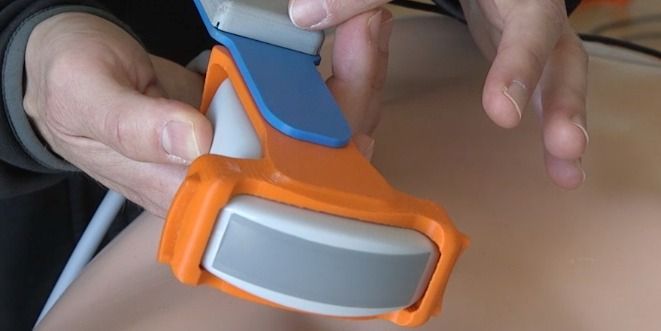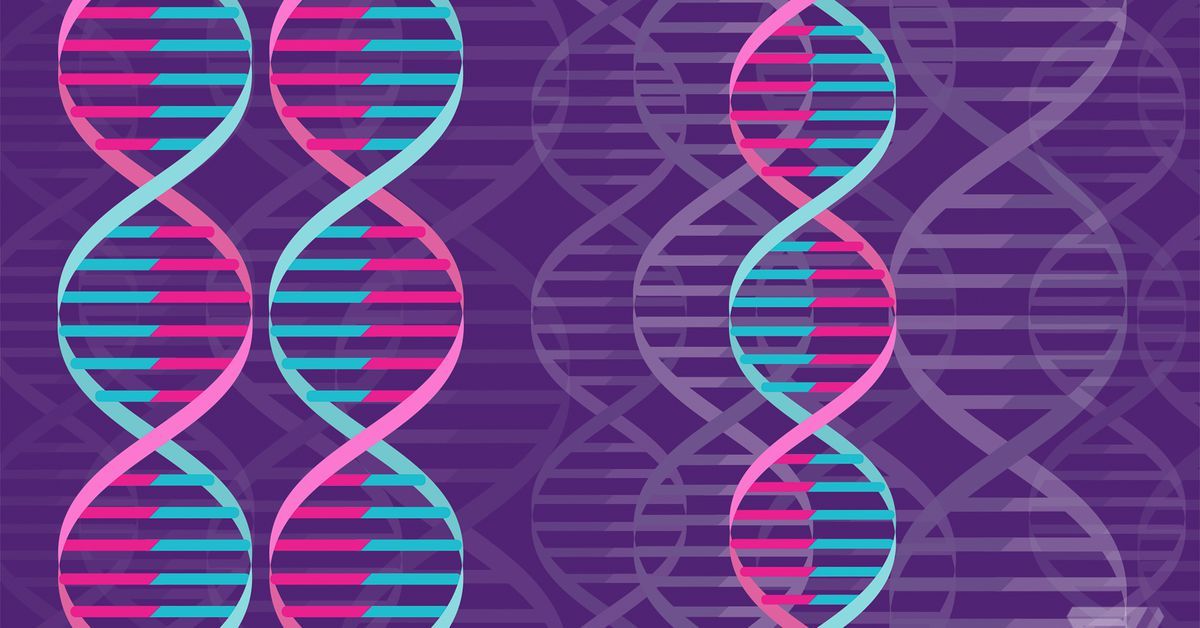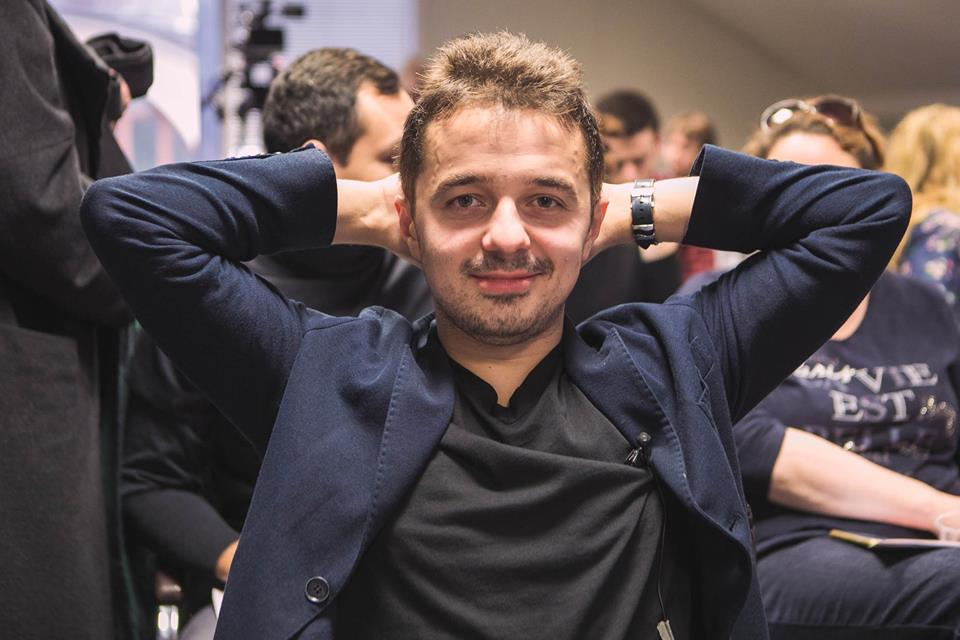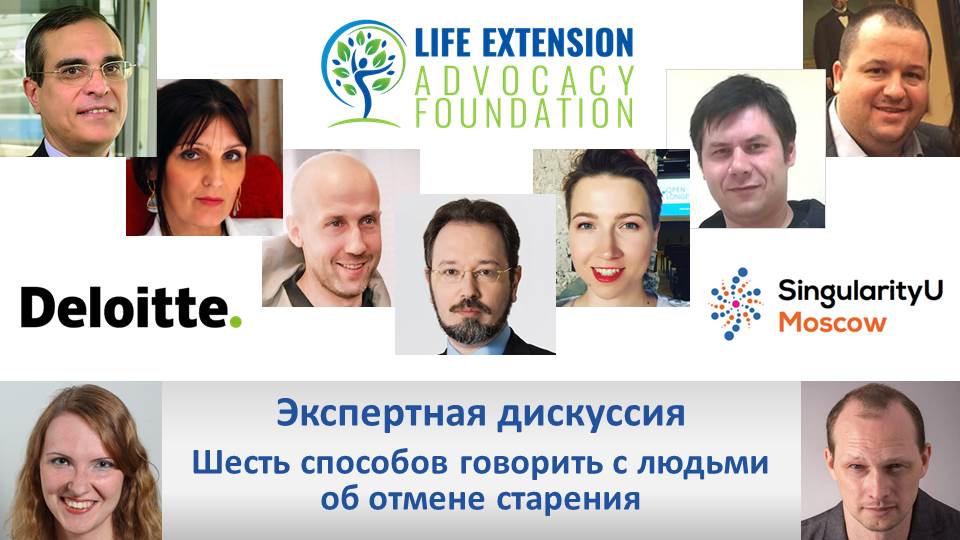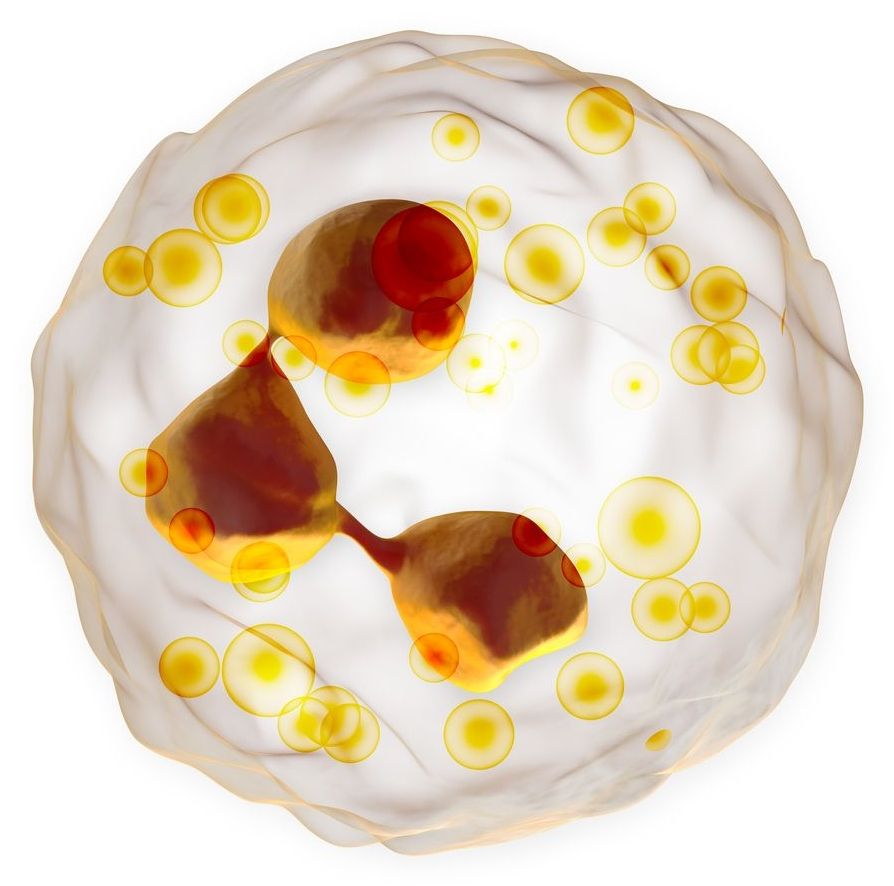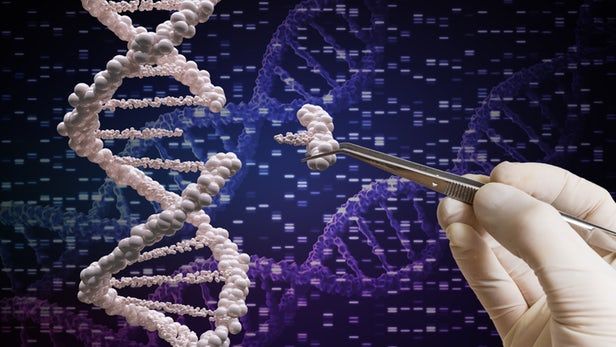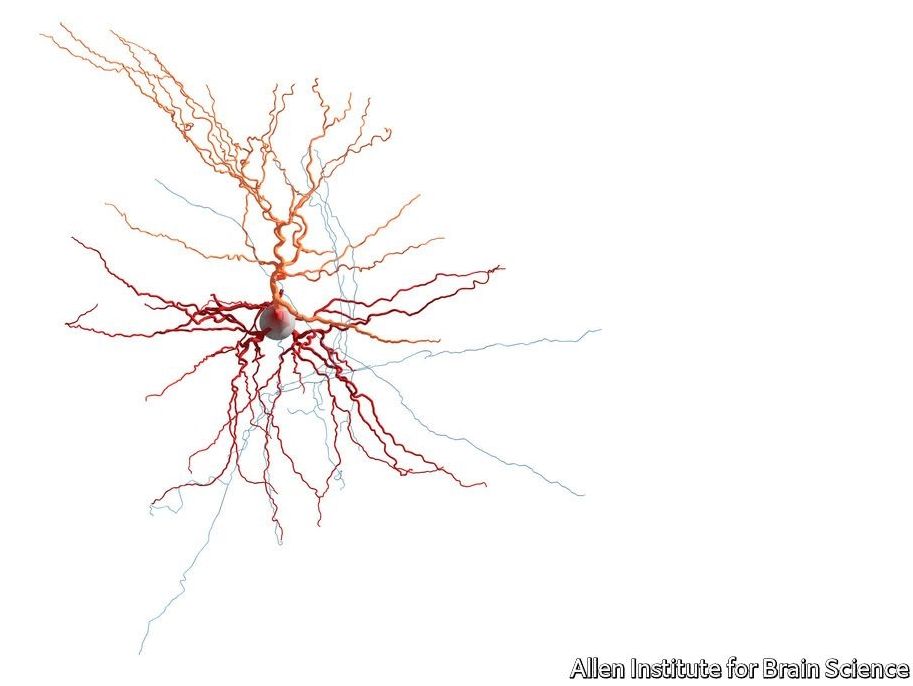Archive for the ‘biotech/medical’ category: Page 2364
Oct 31, 2017
Alzheimer’s may be able to spread through blood transfusions
Posted by Dan Kummer in categories: biotech/medical, neuroscience
Alzheimer’s may be contagious.
A protein might be capable of spreading Alzheimer’s through blood transfusions and surgical equipment, but we don’t know yet how much of a risk this is.
Oct 31, 2017
Gene-editing tool CRISPR can now manipulate more types of genetic material
Posted by Dan Kummer in categories: biotech/medical, genetics
Oct 31, 2017
Serge Faguet – Interview with a Biohacker
Posted by Steve Hill in category: biotech/medical
Oct 31, 2017
6 Ways to Talk to People about Ending Aging – Moscow Nov 4th
Posted by Steve Hill in categories: biotech/medical, life extension, singularity
The Life Extension Advocacy Foundation, in collaboration with Singularity University Moscow Chapter and consulting group Deloitte, is hosting in Moscow an expert discussion on how to inform society about the potential and the advancement of gerontology and preventive medicine.
Life Extension Advocacy Foundation, in collaboration with Singularity University Moscow Chapter and consulting group Deloitte, are hosting in Moscow an expert discussion on how to inform society about the potential and the advancement of gerontology and preventive medicine. These experts believe that attracting people’s attention to the capabilities of medical technologies to prevent aging might help extend the healthy period of life and significantly decrease morbidity from age-related diseases.
The panel discussion “6 ways to talk to people about ending aging” will bring together famous futurists, scientists, science popularizers and public figures who foster the dissemination of the idea to prevent aging in Russia and other countries.
Continue reading “6 Ways to Talk to People about Ending Aging – Moscow Nov 4th” »
Oct 31, 2017
Inside the mind of the man who wants to transplant human heads
Posted by Amberley Levine in category: biotech/medical
Neurosurgeon Sergio Canavero likens himself to Peter Parker and Victor Frankenstein, and controversially claims that a successful human head transplant is imminent.
Click to read an excerpt – subscribers can read the whole thing.
Oct 30, 2017
Neutrophils are a Key Player in Nerve Regeneration
Posted by Steve Hill in category: biotech/medical
In recent articles, we have talked about the potential of the immune system to help repair tissue, including for peripheral nerve damage, Atherosclerosis, and Parkinson’s. Immune cells not only fight infection; as this new study shows, they also help the nervous system remove debris, paving the way for nerve regeneration following injury.
While previous studies suggested that nerve cell damage repair was conducted by other immune cell types, such as macrophages, researchers from Case Western Reserve University School of Medicine have shown that neutrophils also play a role.
Oct 29, 2017
Dr Aubrey de Grey — Rejuvenating biotech: Why age may soon cease to mean aging
Posted by Montie Adkins in categories: biotech/medical, business, life extension, space
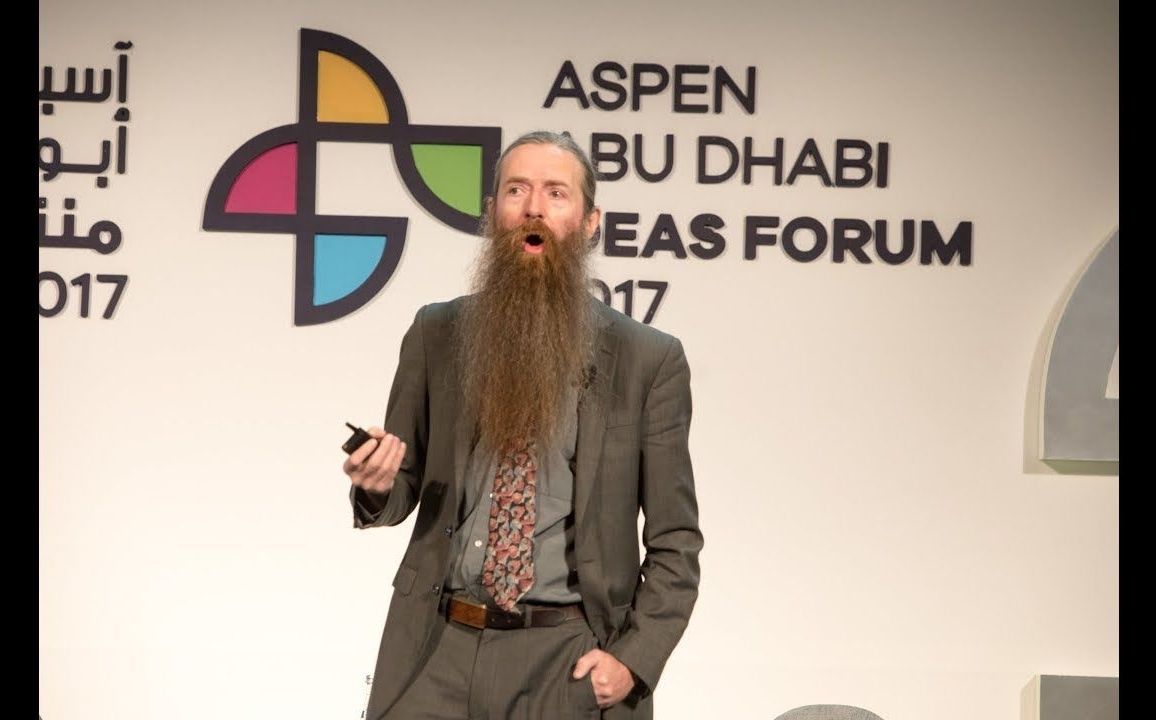
Dr. Aubrey De Grey is a biomedical gerontologist and the Chief Science Officer at SENS Research Foundation, a biomedical charity that funds research dedicated to combating aging. His research interests encompass the characterization of all the accumulating and eventually pathogenic molecular and cellular side-effects of metabolism (“damage”) that constitute mammalian aging, and the design of interventions to repair and/or obviate that damage. In line with his research, De Grey gave a talk at The Aspen Abu Dhabi Ideas Festival focusing on “Rejuvenating Biotechnology: Why age may soon cease to mean aging”.
In March 2017, the Aspen Abu Dhabi Ideas Forum welcomed some of the brightest and most interesting minds from the UAE and around the world to discuss four of the most important moonshot challenges facing our planet. The event was inspired by the world-famous Aspen Ideas Festival that has been taking place in Colorado since 2005, as a place for scientists, artists, politicians, business leaders, historians and educators to discuss some of the most fascinating ideas of our time. The 2017 Aspen Abu Dhabi Ideas Forum topics included: “System Shock: Calming the ‘politics of anger’”, “Beyond GDP: Targeting ‘all-in’ human welfare”, “Health: Extending the healthy human lifespan” and “Space: Living Sustainably beyond Earth”.
Continue reading “Dr Aubrey de Grey — Rejuvenating biotech: Why age may soon cease to mean aging” »
Oct 29, 2017
New CRISPR tools enable extraordinarily precise gene editing in human cells
Posted by Shailesh Prasad in categories: bioengineering, biotech/medical, food, genetics
Over just a few short years the CRISPR gene-editing technique has revolutionized science, affecting everything from medicine to agriculture. Two new breakthrough studies have just been published describing dual methods that make the process more precise and efficient paving the way for scientists to safely alter DNA mutations that cause thousands of different human diseases.
CRISPR is conventionally a cut-and-paste tool allowing scientists to chop out unwanted strands of DNA and insert new genes, but a large volume of human diseases are caused by a single point mutation somewhere in a person’s DNA. Up until now scientists have not been able to simply and directly erase or rewrite these single mutations in living human cells.
Our human genome consists of 3 billion base pairs made up of chemical units referred to by the letters A, C, G and There are 50,000 known genetic mutations that are linked to disease in humans and 32,000 of these are single point mutations. Half of those single point mutations have been identified as a G-C pair that has mutated into an A-T pair.
Oct 28, 2017
The first data from a repository of living human brain cells
Posted by Dan Kummer in categories: biotech/medical, neuroscience, sustainability
PROFITABLY recycling waste is always a good idea. And the Allen Institute for Brain Science, in Seattle, has found a way to recycle what is perhaps the most valuable waste of all—living human brain tissue. Understandably, few people are willing to donate parts of their brains to science while they are still alive. But, by collaborating with seven local neurosurgeons, the institute’s chief scientist, Christof Koch, and his colleagues, have managed to round up specimens of healthy tissue removed by those surgeons in order to get to unhealthy parts beyond them, which needed surgical ministration. Normally, such tissue would be disposed of as waste. Instead, Dr Koch is making good use of it.
The repository the cells from these samples end up in is a part of a wider project, the Allen Cell Types Database. The first data from the newly collected human brain cells were released on October 25th. The Allen database, which is open for anyone to search, thus now includes information on the shape, electrical activity and gene activity of individual human neurons. The electrical data are from 300 live neurons of various types, taken from 36 people. The shapes (see picture for example) are from 100 of these neurons. The gene-expression data come from 16,000 neurons, though those cells are post-mortem samples.
The human brain is the most complex object in the known universe. Because it is more complicated than animal brains in ways that (say) human livers are not more complicated than animal livers, using animal brains as analogues of human ones is never going to be satisfactory. Dr Koch’s new database may therefore help explain what is special about human brains. That will assist understanding of brain diseases and disorders. It may also shed light on one of his particular interests, the nature of consciousness.
Continue reading “The first data from a repository of living human brain cells” »
